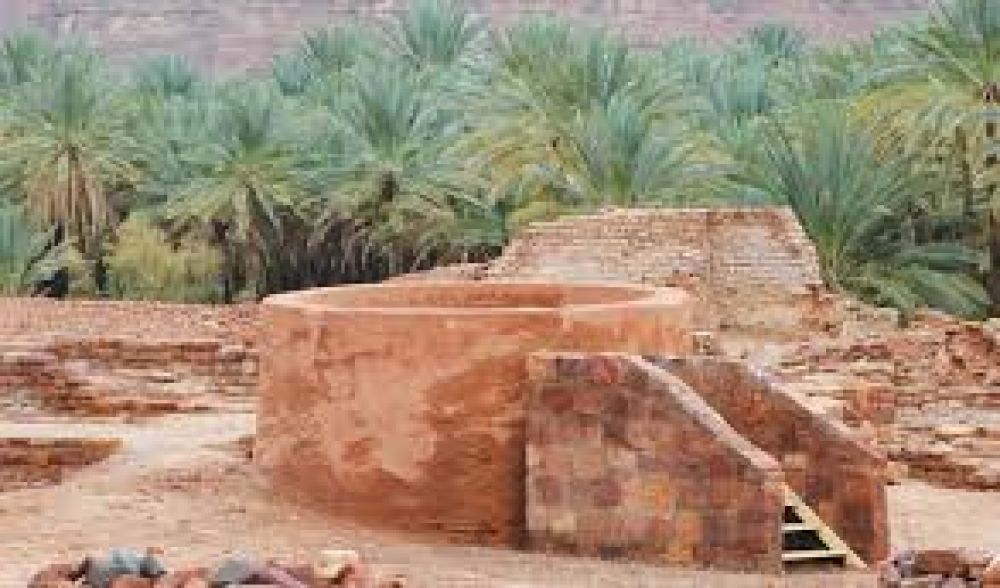

Al Ula, located in the northwest of Saudi Arabia, is renowned for its breathtaking desert landscape and rich cultural heritage. Among its many wonders is the ancient site of Al Khuraybah, often referred to as The Lion Tombs due to the lion sculptures that adorn some of its facades.
The Lion Tombs at Al Khuraybah are an ancient archaeological site that dates back to the 1st millennium BCE. They are believed to be the necropolis of the Lihyanite civilization, which was a thriving and advanced society predating the Nabatean civilization. The Lihyanite kingdom played a significant role in the trade routes of antiquity, controlling the incense and spice trade of the region. The tombs are intricately carved into the sandstone cliffs, indicating the high level of skill and artistry achieved by the Lihyanites.
Until recently, Al Ula and the Lion Tombs remained largely off the tourist map due to limited accessibility and restrictions on travel. However, Saudi Arabia's Vision 2030 initiative aims to diversify the nation's economy by developing its tourism sector. As a result, Al Ula is being transformed into a premier cultural and archaeological destination.
Al Khuraybah has garnered significant interest in recent years, with ongoing archaeological excavations and research enhancing our understanding of the site's historical importance. Visitors can witness the grandeur of the Lion Tombs while also experiencing a range of activities that Al Ula offers, such as hot air balloon rides, rock climbing, and exploring the nearby UNESCO World Heritage Site of Hegra (Mada'in Saleh). The Royal Commission for Al Ula (RCU) has been established to oversee the sustainable development of the region. It is responsible for implementing world-class conservation practices and making the site accessible to an international audience.
Al Ula is rapidly emerging as a destination for cultural and adventure tourism. The region hosts the annual Winter at Tantora Festival, which showcases an eclectic mix of cultural events, musical performances, and heritage experiences. Additionally, experiential travel is becoming popular, with visitors seeking immersive experiences that offer a deeper understanding of the local history and culture. The development of eco-friendly lodges and enhanced visitor facilities is also part of the latest tourism trends, catering to the growing demand for sustainable travel options.
Al Khuraybah's Lion Tombs stand as a testament to the historical significance of Al Ula. As tourism continues to flourish in the area, visitors can embark on a journey through time to witness the grand legacy of civilizations that once ruled this entrancing desert landscape.
For those looking to explore the wonders of Saudi Arabia, a visit to Al Khuraybah in Al Ula should undoubtedly be on your itinerary. The fusion of history, culture, and adventure set against the backdrop of stunning natural beauty makes it a must-see for any traveler.